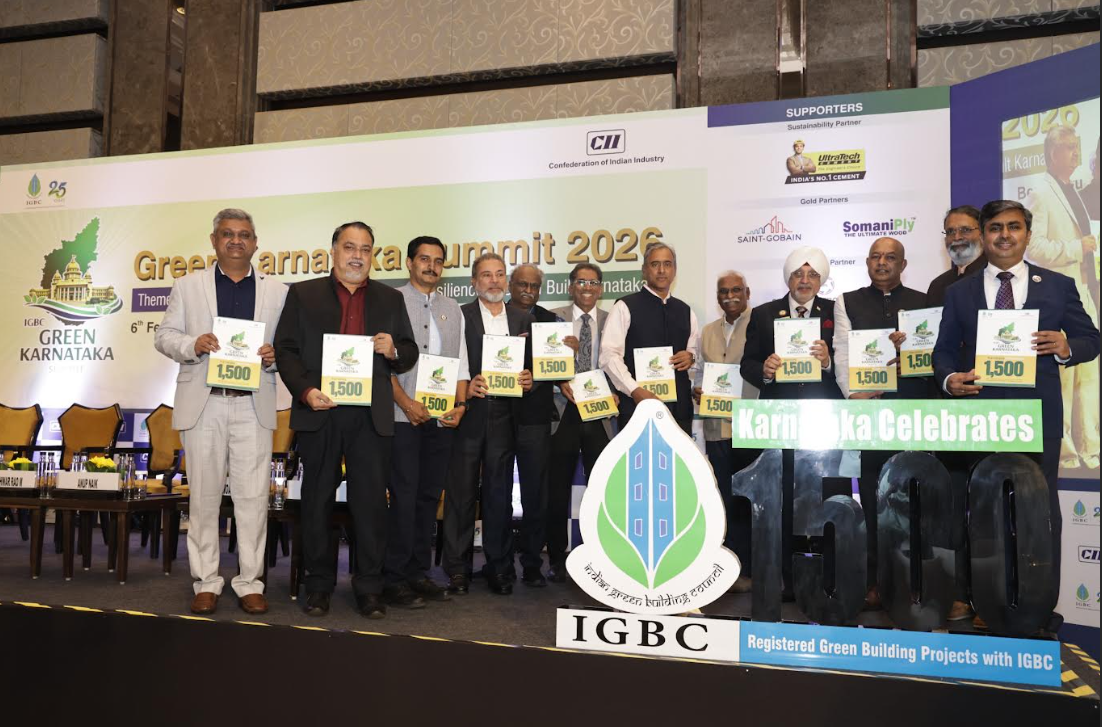The Greater Noida Industrial Development Authority (GNIDA) is under fire following the emergence of a large-scale scam involving irregularities in residential plot allotments. In a move to address the fallout and ensure accountability, the Authority has recommended the suspension of six senior officials after a detailed internal inquiry uncovered procedural lapses and negligence in verifying land ownership before allotting plots.
The issue traces back to a 2023 residential plot scheme announced by GNIDA in Patwari village, Sector 2 of Greater Noida. The scheme proposed the allocation of plots over a total area of 9,660 square meters. However, what has since come to light is that the Authority actually had legal possession of only 1,660 square meters at the time the scheme was launched. Despite this, applications were accepted, allotment letters were issued, and lease deeds were executed between November 2023 and January 2024—leaving many buyers in legal limbo.
Allottees Left in the Lurch
The controversy broke when two allottees, after being granted possession certificates, discovered that the plots they had paid for were not under GNIDA's ownership. They took the matter to the Allahabad High Court in November 2023, claiming they had paid in full and had legal documentation, but were being denied actual possession because the land was still held by farmers.
This prompted an investigation by the court into GNIDA’s conduct and the execution of the scheme. In a scathing January 23 order, a bench of Justices Manoj Kumar Gupta and Anish Kumar Gupta condemned the Authority’s actions, calling them a "misrepresentation and deceit." The court questioned how such a massive housing scheme could be floated and implemented without physical verification of land ownership.
Court Deems GNIDA's Actions Reckless and Arbitrary
GNIDA’s initial response—that it did not have any vacant plots to offer and would refund the buyers’ money with 4% interest—was found inadequate by the bench. The court called it "incomprehensible" that such a scheme was allowed to proceed without ensuring legal possession of the land. The bench observed that GNIDA’s inconsistent stance—including initially offering alternative plots and then backtracking—showed a clear lack of transparency and accountability.
In a direct blow to GNIDA’s leadership, the bench asked why exemplary damages should not be imposed on the officials responsible. The court also sought an affidavit from the Authority’s CEO to explain the rationale behind proceeding with allotments and lease deeds when the land was not under their legal jurisdiction.
Committee Formed, Suspension of Five Officials Recommended
In response to the court’s directives, GNIDA formed a seven-member fact-finding committee, chaired by Additional CEOs Saumya Srivastav and Sreeklashmy V.S. The committee submitted its findings on February 11, recommending the suspension of five senior officials. These included:
- Praveen Salonia – Senior Manager (Civil)
- KM Chaudhary – Manager
- RK Dev – General Manager
- Jitendra Singh Birwal – Tehsildar (now posted as SDM)
- One Surveyor (unnamed in the report)
The report clearly stated that the officials had "failed in their duty to ensure due diligence in land verification and acquisition process."
High Court Demands Policy Clarification and Accountability
During the March hearing, the High Court further directed GNIDA to clarify whether it had any policy or internal guidelines that required verification of land ownership before launching any housing or allotment scheme. The court emphasized that land should not be advertised or leased out if the Authority does not have legal title over it. Additionally, the bench sought a report from the Uttar Pradesh state government on the actions taken against the five suspended officials.
State Government Seeks Detailed Report
On April 7, the Uttar Pradesh government wrote to GNIDA demanding a comprehensive report and the names of all officials found prima facie guilty in the matter. In response, on April 11, GNIDA extended its disciplinary action by recommending the suspension of six more officials. These included:
- Vaibhav Nagar – Assistant Manager (Project)
- Manoj Dhariwal – Manager (Project)
- Vandana Raghan – Assistant Law Officer
- Atul Shukla – Deputy Law Officer
- Suresh Kumar – Senior Draftsman (Planning Department)
- W. Subkhir Singh – Senior Executive (Planning Department)
These recommendations were made after internal notes, committee reviews, and affidavits were submitted to the High Court.
Calls for Reform and Greater Oversight
Legal experts and civic observers have expressed concern over the systemic loopholes that allowed such an incident to occur. The case has spotlighted the critical need for institutional reforms within urban development authorities, especially those related to land acquisition, verification, and transparency in public housing schemes.
The bench criticized the Authority’s conduct as “arbitrary and reckless,” stating that public institutions must be held to a higher standard of accountability when dealing with people’s investments and land rights. The court went further by asking why GNIDA’s top officials, including the CEO, should not face legal consequences for allowing such a fraudulent process to unfold under their watch.
The court also mandated that GNIDA disclose the roles of each officer involved in preparing advertisements, issuing allotment letters, and executing lease deeds without proper land verification.
Looking Ahead
While the High Court is set to continue hearing the matter, the steps taken so far reflect a growing push for accountability in public land administration. This episode has exposed significant gaps in governance and process within GNIDA and could potentially lead to stronger policy mechanisms to ensure that only legally verified land is brought under residential or commercial development schemes.
As of now, GNIDA has acted by suspending or recommending disciplinary action against 11 officials in total. However, the broader question remains: will this episode serve as a wake-up call for other development authorities across India to put stronger checks and legal verifications in place before rolling out ambitious real estate schemes?









.png)